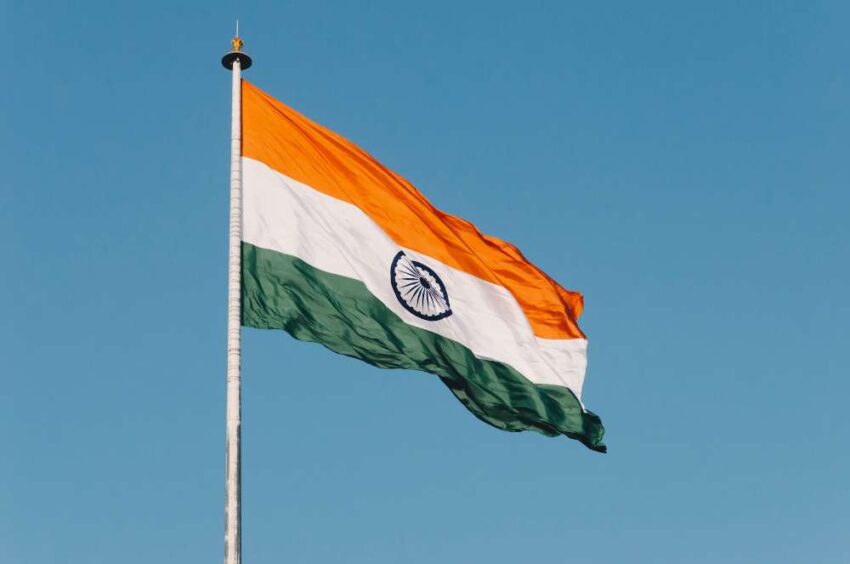India, a land of diverse cultures and rich history, witnessed a remarkable transition in its political landscape with the emergence of its first Prime Minister after gaining independence. Jawahar Lal Nehru played a pivotal role in shaping the nation’s future and set a precedent for governance that resonates today. Here, delve into the first pm of India impactful journey and enduring legacy.
Early Life and Political Ascendancy
Born into a time of colonial rule, the young leader was groomed in an environment ripe with the spirit of nationalism. His education and exposure to global politics equipped him with a vision to lead a nation yearning for freedom. The early part of his career was marked by active participation in the independence movement, earning him a place in the hearts of millions.
Jawahar Lal Nehru showed immense dedication to the cause, often sacrificing personal comfort for the larger goal of national freedom. His leadership during the struggle for independence laid the groundwork for his future role in governing the newly formed nation.
Architecting a New Democracy
Upon assuming office, the primary challenge was to knit a fragmented society into a unified democratic nation. His approach to governance was inclusive, aiming to bridge the gaps between various social and economic classes. He championed the cause of secularism and democracy, laying the foundation for a system that respected diverse viewpoints and cultural backgrounds. His tenure was characterised by efforts to instil democratic values and practices in a population unaccustomed to self-governance.
Economic Strategies and Industrialisation
Understanding the critical need for economic self-reliance, Jawahar Lal Nehru initiated bold industrial policies. He focused on building infrastructure, advancing scientific research, and promoting higher education. These steps boosted the economy and laid the groundwork for India’s future advancements in various sectors.
He strongly believed in the mixed economy model, where both the state and the private sector played significant roles. This approach established key industries and institutions, which became the pillars of the Indian economy.
Foreign Policy and Non-Alignment
In an era dominated by Cold War politics, he navigated the international arena with a strategy of non-alignment. This approach positioned India as a significant player on the global stage and maintained its sovereignty in decision-making. His diplomatic skills fostered relationships with multiple nations, enhancing India’s global stature. He was a vocal advocate for peace and sought to mediate conflicts, earning respect as a global statesman.
Social Reforms and Cultural Renaissance
Beyond economics and politics, he was deeply invested in social reform. His government took significant steps towards eradicating caste discrimination and improving women’s rights. Additionally, Jawahar Lal Nehru was a patron of arts and culture, believing that the soul of a nation lies in its cultural heritage.
This period saw a resurgence in literature, arts, and education. He also initiated comprehensive land reforms to reduce rural poverty and inequality. His support for scientific and cultural institutions led to a flowering of intellectual and artistic expression, contributing to a vibrant cultural scene in post-independence India.
Legacy and Continuing Influence
The tenure of India’s first Prime Minister was more than a political era; it was a transformative journey that shaped the nation’s identity. His vision and policies continue to influence contemporary Indian politics and governance. His foundation helped India evolve into a resilient democracy with a vibrant economy and a rich cultural tapestry. His leadership style, characterised by pragmatism and foresight, has been a source of inspiration for many.
In conclusion, the legacy of the first pm of india is a testament to his visionary leadership and commitment to nation-building. His contributions went beyond mere governance; they were the building blocks of a modern, progressive India. Reflecting on his enduring legacy, it becomes evident that his approach to leadership and development set a benchmark for future generations.

